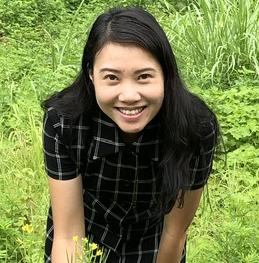Call Us: +1 315 998 1998
Kalimantan holidays
rnKalimantan, the Indonesian region of Borneo, is the place to come to see orang-utans in South-East Asia. Its famously biodiverse rainforests - threatened by industry, but still magnificent - are ancient, over 130 million years old, and home to thousands of species, from the venerated orangs and the tribespeople who share the forests with them, to unique plants and insects, spectacular birdlife, and hundreds of endemic mammals.
Many visitors are lucky enough to spot orang-utans in their natural habitat, sections of which are protected by National Park status, and everyone is guaranteed an encounter at one of the sanctuaries established to rehabilitate orphaned and displaced orangs and ideally release them back into protected rainforest.
The forest can be trekked on foot, but more practically explored by boat along the network of rivers that flow through the dense jungle. Various riverbank jungle lodges provide accommodation and the opportunity to watch wildlife foraging right up to the lodge’s walkways.
Palangkaraya
Capital of Central Kalimantan and the location of the handful of hotels we use in Kalimantan, Palangkaraya is only 50 years old but has sprung up into a thriving green city with a reputation for tasty food, bustling grocery markets and a population that represents just about every creed and tribe on Borneo. From Palangkaraya harbour it is possible to take live-aboard boat trips that penetrate deep into the primary rainforest, and homestays with nearby tribal communities are also available.
Dayak tribes
Apart from a few small communities, the indigenous tribes of Borneo are collectively known as the Dayak people - some 200 ethnic subgroups who live in Borneo’s rainforests, riverways and coastal waters. Despite incorporating modern religion and ethics into their spiritual practise and, to the relief of visitors, largely abandoning their headhunting ways, most Dayaks maintain their traditional culture, which is deep-rooted, complex and frequently mystical.
Even the headhunting and tribal warfare were governed by a strict code of honour, and modern Dayak society is structured around customary rules which promote the amicable settlement of dispute.
One significant mainstay of Dayak daily life is the longhouse, which has its own chief, shaman, and governing committee, and can home up to 200 families. It is possible to organise a longhouse homestay, providing guests agree to undergo a mild cleansing ritual to deter any unwelcome spirits.
Discuss your holiday ideas with one of our Indonesia travel experts
rn+1 315 998 1998
